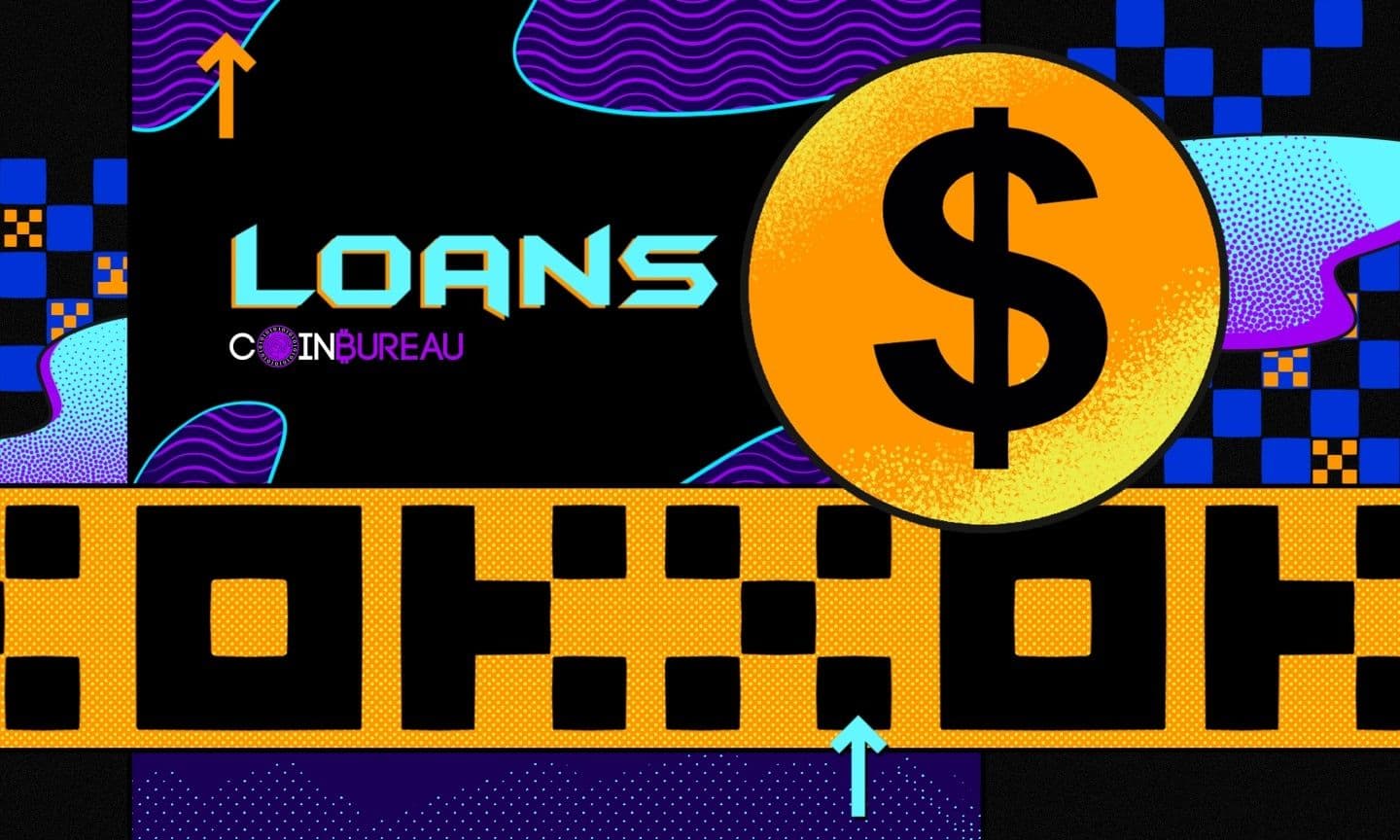The potential applications of blockchain continue to grow, almost by the day. The technology is making its presence felt across an ever increasing range of fields and perhaps most profoundly in the financial sector.
Indeed, if blockchain technology had so far only given us cryptocurrencies to think about, it would still be adjudged to have made a major impact on our lives. Bitcoin, Ethereum and many, many others like them are shaking the world of finance to its core, with more fascinating developments in the pipeline still waiting to happen.
As more people begin using cryptocurrencies, so blockchain-based services are starting to emerge to serve them. It’s hardly surprising therefore that a number of startups are beginning to offer cryptocurrency loans, outside of traditional banking systems.

Lack of Access to Credit
At present, many younger people are unable to access credit and often saddled with debt after graduating. But companies like Celsius and SALT are looking to enable them to use their crypto assets as leverage to take out loans that would be unavailable to them otherwise.
These loans are peer-to-peer, with the platforms essentially acting as matchmakers between lenders and those needing to borrow. The immutability of blockchain transactions means that the loans and all the conditions attached to them can be easily proved in case of any disputes.
Peer-to-peer loans facilitated by Celsius and other similar platforms avoid the eye-watering interest rates and fees imposed by big banks and therefore make loans a much more attractive and realistic prospect for people wishing to raise capital. And with many cryptocurrency markets going from strength to strength, there’s also the possibility of the tokens they’ve been loaned accumulating in value whilst they hold them.
Thanks to the outmoded and archaic systems put in place by banks and other major lenders, many Millenials do not have credit scores and are wary of taking out loans that could result in crippling repayments further down the line. By taking these big players out of the equation, these startups are incentivising a new generation to make use of credit to maximise their opportunities.
Archaic Reporting Standards
Users of Celsius are able to improve their credit ratings by uploading their transaction histories from other sites such as Amazon or eBay to demonstrate their reliability and can have friends or family offer their own digital assets as collateral. By uploading this sort of information to the blockchain, lenders and borrowers can create strong and reliable digital identities which are visible to and verifiable by the whole community.
Beyond the younger generation in the developed world, the potential of cryptocurrency loans also extends to areas of the world where millions of people still lack access to even the most basic financial services. Companies such as Ripio Credit Network are keenly aware that there are people without even basic bank accounts that could benefit enormously from getting themselves on the credit ladder.
Ripio and others like it are looking to use blockchain-based records to open up access for millions of people who could previously only dream of ever being offered credit. Once again, by offering a secure and transparent platform for low interest, peer-to-peer loans, blockchain is shaking up the established financial system and empowering the previously disenfranchised.

Outlining the company’s mission statement, Celsius CEO Alex Mashinsky stated that:
our belief is we need to build bridges between the old world and the new world
Blockchain is about doing just that: by transforming the way we offer and run the services that are so vital to our economies and our way of life, it is opening them up to those who may previously have never benefited from them at all.





